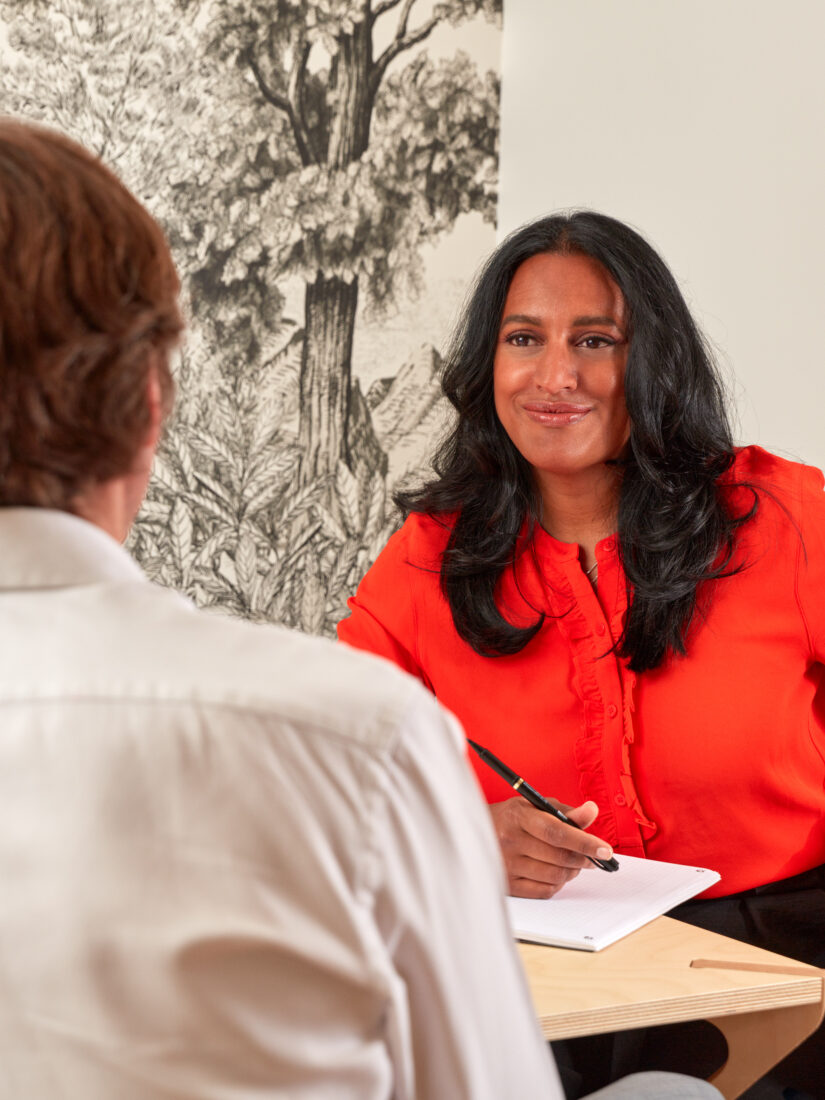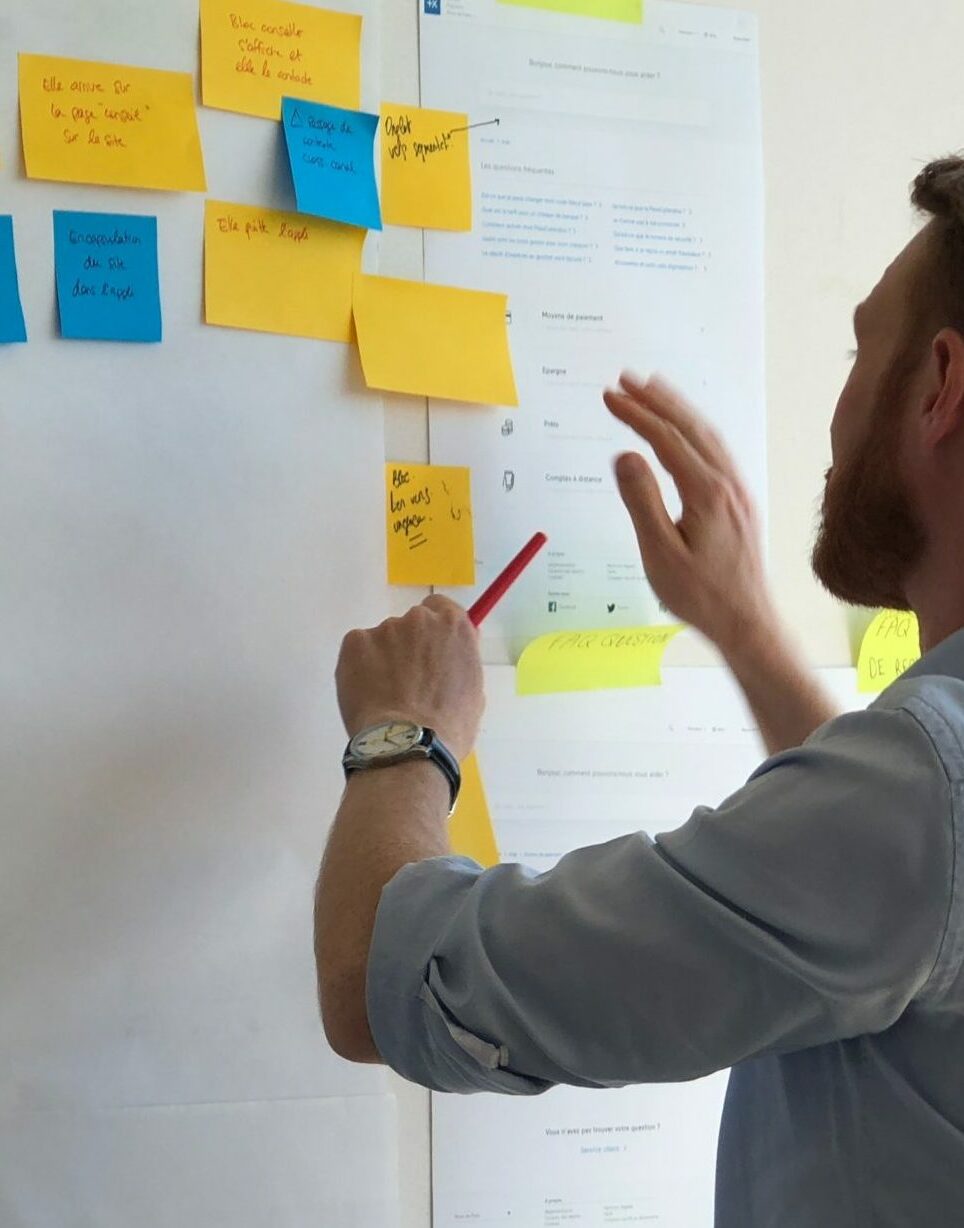Realize that the sum of your know-how is much greater than what you are often reduced to on a day-to-day basis.
A skills assessment helps you to improve your self-confidence by learning more about your strengths and assets. It enables you to assert yourself and dare to take on the projects that really matter to you.
Be aware of all the skills you can mobilize, but don’t necessarily use.
In fact, the environment in which we evolve often determines the skills we mobilize. It limits us. But you’re much more than that. In essence, this exercise will enable you to reflect on all the know-how and skills you’ve acquired over time , or passed on to you by those close to you. It’s also a way to get to know you by gathering information about your :

All these expectations can be part of a process of orientation, reorientation, career development or repositioning on the internal or external job market.
Our Step-up skills assessment involves taking stock of your career path in order to define realistic and achievable professional and/or training projects. Our approach is based on acomprehensive, in-depth analysis of your personality, experience, skills, aptitudes and ecosystem.
Our approach is based on experimentation and self-discovery. Tools for personal reflection structure and facilitate the investigative work we’ll be carrying out together throughout our support.
We set up a continuous evaluation system throughout the Step-up assessment to help you reflect, explore the field and confront the realities of the market.
During the Step-up assessment, we carry out regular check-ups with your consultant coach. At the start of each session, we set aside time for feedback on awareness, learning andprogress.
At the end of your Step-up assessment, we’ll give you the “on-the-spot” self-assessment questionnaire you’ve filled in.
Six months after completion of the assessment, we hold an individual follow-up interview to assess the progress of your project and any difficulties you are encountering.
A sign-in sheet attests to your attendance. An individual end-of-training certificate is issued at the end of the assessment.

The total duration of the skills assessment is 12 hours (Step-up) and 10 hours (Skill-up), divided into sessions of 1h to 1h30 of exchanges and exercises, over an average period of 3 to 4 months.
Exercises or practices are carried out between sessions. At the start of each new session, feedback is given on the actions, evolution and awareness achieved following the previous session.
Executives, salaried employees, civil servants, self-employed workers, entertainment intermittents, artists-authors, freelance journalists, jobseekers. All professional sectors.
Skill-up assessment (one consultant): €3,300 possibility of CPF reimbursement – Skill-up
Step-up assessment (two assessors): €4,100 CPF contribution possible – Step up
Our consultants practice non-oriented listening while maintaining a benevolent distance and neutrality, and are bound by professional secrecy. Connection Leadership complies with the code of ethics relating to training and coaching activities. In this way, we also guarantee that the consent of the person being cared for is respected at all times.
The skills assessment and support areas are accessible to anyone with a disability, and a request for specific adaptation can be made to our team.
To take advantage of our skills assessment service, please contact us to discuss your needs and availability, and we’ll get back to you within 48 to 72 hours (working time). We will then work together to schedule your support, which can begin within 10 days (allow 14 days for administrative processing if you wish to use your CPF for financing).
“The purpose of skills assessments […] is to enable workers to analyze their professional and personal skills, as well as their aptitudes and motivations, in order to define a professional project and, where appropriate, a training project.”
“The skills assessment […] comprises, under the guidance of the service provider carrying out the assessment, the following three phases: A preliminary phase […], an investigation phase enabling the beneficiary either to construct his professional project and check its relevance, or to work out one or more alternatives, a conclusion phase […].”
Certifié par le Centre International du Coach | © Connection Leadership 2022 | Tous droits réservés – Création de site Internet par Emilie Briosca